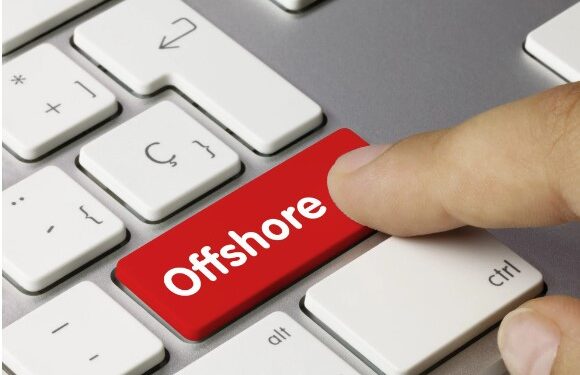Are you looking to manufacture your product overseas? There are several factors involved in offshore manufacturing. It is a huge decision that can impact your business.
Before you dive into it, be sure to consider these things. If you sign an agreement for overseas manufacturing and then change your mind, it can be hard to get out of the deal if the company doesn’t want to work with you.
Be sure you are ready before you get started on a manufacturing agreement. Here are some things you need to consider. Read on!
Thorough Market Research
Thorough market research is necessary for offshore manufacturing. You need to know what the local market looks like and what the demand is. Through rigorous market study, you can also find out who your suppliers are and who your competitors are.
Furthermore, you should understand the following:
- current regulations
- consumer tastes
- political climate
Researching product pricing and transportation costs can also help you maximize profits. Finally, consider any other factors that may affect your offshore manufacturing activities. This includes labor shortages or cultural differences.
Collecting as much data as possible and assessing it is the key to success in any offshore manufacturing venture.
Strong Supply Chain Management
Offshore manufacturing requires a strong supply chain management process to be successful. Ensure production supplies, parts, and final goods are available when and when needed.
Good supply chain management keeps production going smoothly, cuts down on delays, and keeps inventory costs to a least. Additionally, supply chain management includes clear communication between all parties involved. This includes the supplier, the manufacturer, and the customer.
To ensure the smooth functioning of your supply chain, it is advisable to consider Chinese wholesale suppliers. They provide dependable services and cost-effective supplies. This makes them a great option for your business needs. It is important to have good supply chain management in place for a foreign manufacturing process to work well.
Legal and Regulatory Compliance
For offshore production to work, it is important to follow all the laws and rules that apply to the product or service. Companies must ensure that they are compliant with all relevant laws and regulations in the destination country. This includes labor and environmental regulations.
For example, companies must follow safety rules and taxes. As well as all applicable Intellectual Property (IP) laws to protect their brand and potential IP misuse.
Ethical and Sustainable Practices
Offshore manufacturing is the process of moving production to a country other than the one where the product or service was made. To ensure ethical and sustainable practices, several key elements need to be in place. This includes:
- proper oversight and compliance with labor
- environmental and operational regulations
- providing improved working conditions for laborers
- actively pursuing green manufacturing processes
- assigning suppliers’ rights and obligations
Companies should also focus on building win-win relationships with suppliers. Make sure not only to give value to shareholders but also to the workers in the international supply chain.
Start Your Offshore Manufacturing Venture Today!
Offshore manufacturing is a big part of international trade and can help companies in many important ways. To make the process successful, it is important to have a clear understanding of local regulations. Also, to find skilled labor and to be prepared for unforeseen circumstances.
Working with an experienced foreign partner can help make sure that the move to manufacturing overseas goes well.
Explore a wealth of knowledge and learn more by delving into the other sections of our website!


